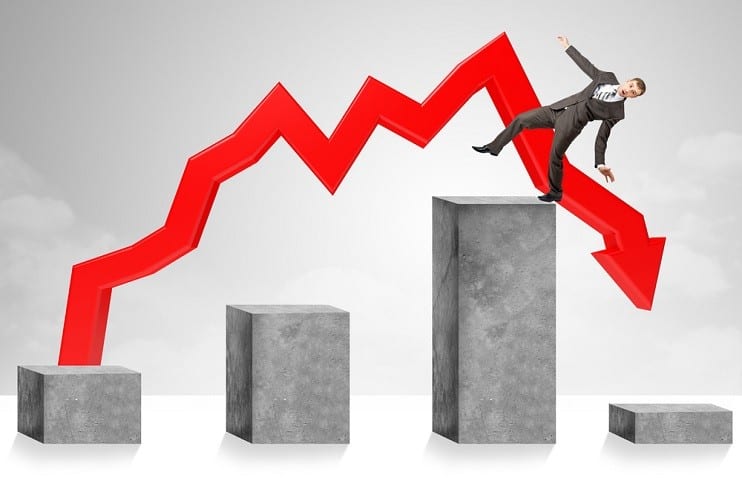Navigating Troubled Markets

Fear stalks the markets these days. The last few months we gradually added protection against such a surge in investor pessimism. Those moves served our portfolios well in the recent downturn and will help if things get worse.
Don’t try to forecast whether this is a correction or a new bear market. It is a mistake to adjust your portfolio based on one forecast or the other. The right move is to avoid assets with high valuations and high risk. Fill your portfolio with reasonably priced assets that have protection and some potential for growth. You want to invest to protect principal in a continued downturn and profit if optimism regains the upper hand.
Let’s apply those principles to our Managed Portfolios.
Sector and Balanced Managed Portfolios
These portfolios were aggressive in 2003 but have been defensive since spring. That demonstrates our investment philosophy in action. Be somewhat aggressive when valuations and risk appear to be low. Become more defensive as risk rises. Always seek a margin of safety to protect against steep losses.
One defensive measure was the sell signal that triggered a sale of TCW Galileo Select Equity last month before the market dropped out of its trading range. Our other defensive measures have done well, with only some disappointment.
The source of short-term disappointment is Hussman Strategic Growth. The fund often hedges its portfolio of stocks against declines in the general market. The extent of the hedging is based on the fund’s analysis of market indicators. This practice enabled the fund to lose less than the market indexes recently, and its loss for the year is less than that of the indexes. But the fund did not register a positive return as it did during the bear market.
HSGFX was hurt by two factors. Its portfolio declined more than the major market indexes partly because of its industry concentrations and partly because small and mid-cap stocks generally did worse than the larger stocks that dominate the indexes.
The other factor was that the fund lightened its hedges in early August when the market hit the bottom of the trading range. It could have benefited from that measure of protection when the indexes dropped through the trading range.
The fund lost more than 6% from early April through mid-August. Though disappointing, that short-term loss is not unprecedented for the fund. We don’t expect the fund to capture every market trend, and the performance beat the indexes. Its policy of opportunistic hedging still is the ideal strategy for this market environment.
Other parts of the portfolios have provided better news.
Cohen & Steers Realty Shares has been the star of the portfolios, continuing its long history of moving in the opposite direction of major market indexes. The fund recovered nicely from its correction of last spring, soaring while technology stocks tanked. I recommend holding the fund, and I’m adjusting the buy and sell signals on the fund. Keep it in the portfolio.
American Century International Bond is in a trading range of its own. This fund is our way to benefit from what I anticipate is a multi-year decline in the dollar. When the dollar declines against major currencies, this fund appreciates.
The dollar paused after its decline of mid-2002 through 2003 and is trading in a narrow range. The fund shows a positive return for the year. It is a great source of diversification, and I anticipate gains from a multi-year decline in the dollar against other currencies.
We’ve seen better performance than expected from Driehaus Emerging Markets Growth. Emerging markets stocks often have wider swings than the U.S. markets but in the same direction. Recently DREGX not only stayed in its trading range but moved to the top of the range as U.S. stocks were falling. That’s a strongly positive sign. I’m maintaining the same sell signal and keeping the fund in the portfolio.
We have the proceeds from last month’s sale of TGCEX in money market funds or other short-term investments. I recommend keeping them there. We won’t take more risk until some of the uncertainties in the markets are resolved.
Income and Income Growth
Interest rates and income investments have shocked everyone over the last few months. Income investments are supposed to decline when the Federal Reserve raises interest rates. But market interest rates rose before the Fed acted and declined after the Fed starting implementing its plan.
Apparently bond investors are more pessimistic about the economy than the Fed. They seem to expect the economy to slow and inflation to decline.
That means we gave up some potential gains by being conservatively invested in Vanguard Short-Term Corporate Bond. There isn’t much margin of safety, however, in other income investments. I expect the bond market is unduly pessimistic about the economy and the decline in rates will be temporary. It is a good time to be conservatively invested in the bond market.
![]()





